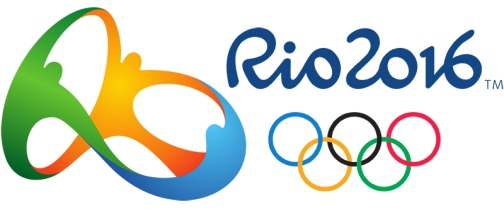 Five key elements to know about boxing before the Rio Olympic Games:
Five key elements to know about boxing before the Rio Olympic Games:
+ Boxing in Rio will be very different from all the Olympics that have gone before. Most controversially, it will be the first time professional boxers are allowed to take part. But don’t expect to see the big names in boxing. In fact, there will likely be only a handful of professionals competing and few will be names most boxing fans have heard of. Critics say that pitting professional pugilists against amateurs could result in serious injury. International Boxing Association (AIBA) president Wu Ching-Kuo — who pushed for their inclusion — says that allowing the pros only means boxing is finally doing what almost all other Olympicsports did years ago.
+ That is not the only major change to Olympic boxing. Another big difference is that male fighters will no longer wear headguards (they have done so at Olympics since the 1980s). Women fighters will still wear them. Most in the fight game support the ditching of headwear after the AIBA said extensive studies found that there were actually fewer concussions without headguards. Fans of the move also say that for purely aesthetic reasons boxing just looks better. Critics say there are likely to be more cuts as a result — and with so many fights packed into a fortnight, competitors will have little time for those wounds to heal between bouts. That means we could see plenty of blood.
+ And that is not all. The deeply unpopular punch-counting system of scoring — which has thrown up numerous controversies over the years — has also been ditched to again bring Olympic boxing closer into line with professional bouts. Now ringside judges will use the “10-point must system”, with the fighter that wins the round getting 10 points and the other between six and nine. For example, a 10-9 round means that it was close. Boxing — and Olympic boxing in particular — has been notorious down the years for some questionable decisions. Don’t expect this time to be any different despite the new system.
+ Some of the world’s finest boxers launched their careers at the Olympics. A certain Cassius Clay — later to call himself Muhammad Ali — won gold at the Rome Olympics in 1960. Other notable Olympic boxers who went on to stardom include Joe Frazier, George Foreman, Sugar Ray Leonard, Evander Holyfield, Oscar De La Hoya, Lennox Lewis and Floyd Mayweather. The latest is Anthony Joshua, Britain’s heavyweight gold medal winner from 2012 who is unbeaten as a pro and ploughing his way through the division. That said, there are plenty of fighters who were brilliant Olympians but flopped as pros — think the widely ridiculed Audley “A-Force” Harrison, Britain’s 2000 gold medal winner.
+ Olympic boxing will span almost the entire two weeks in Rio and 13 categories — three weight classes for women and 10 for men. It is just the second time in Olympic history that women will take part. Since its inclusion in the Olympic programme in 1904, boxing has been staged at each edition of the Games, except in 1912 in Stockholm — because Swedish law did not allow the sport. The United States, Cuba and Britain are the most successful countries.
– Agence France-Presse
































